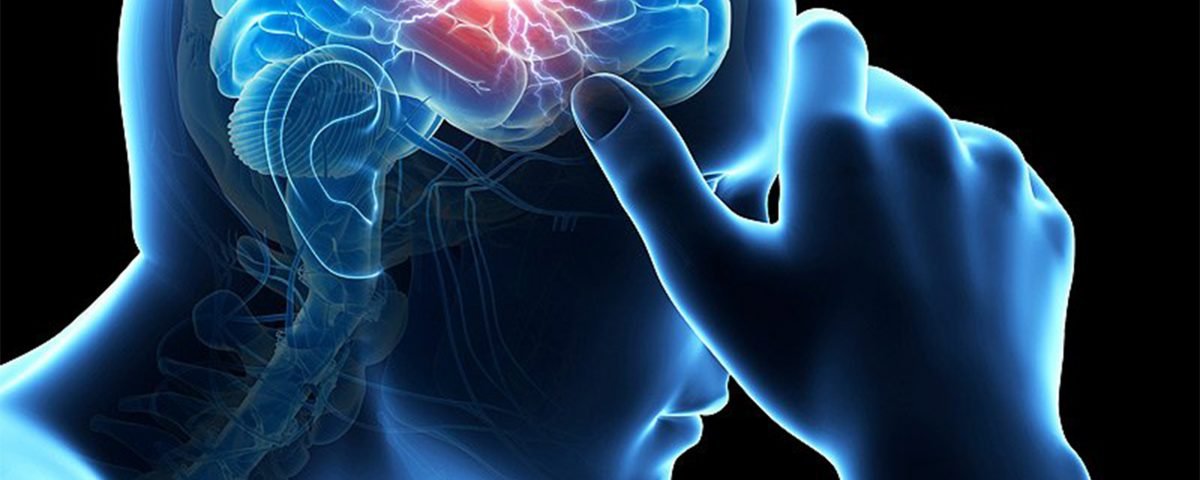- Have any questions?
- 911 12345 29
- info@asianneurocentre.com
Head Trauma and Concussion

Causes of Dementia
September 28, 2019
Happy Diwali!
October 27, 2019Head Trauma and Concussion
The term concussion means an injury to the brain tissue resulting from an impact to the head. Concussion is not a life-threatening injury, but it can cause both short-term and long-term problems. A concussion results from a closed-head type of blunt injury and it does not include any type of injuries in which there is bleeding under the skull or into the brain.
Causes a Concussion?
A concussion can be caused by any significant blunt force trauma to the head such as: during a fall,a car accident,sports injury, orbeing struck on the head with an object.

Head Trauma and Concussion
Symptoms;
Most Common signs and symptoms of concussion are: patient mostly has Loss of consciousness, Confusion, Headache, Nausea or vomiting, Blurred vision, Loss of short-term memory (patient may not remember the actual injury and the events some time before or after the impact),Perseverating (repeating the same thing over and over)
Severity of Concussion?
A mild concussion may resolve rapidly with no loss of consciousness (feeling “dazed”)
A severe concussion may involve prolonged loss of consciousness with a delayed return to normal condition.
When to Seek Medical Care for Concussion
Cautiously every patient who has head trauma need to see the neurologist first because sometimes trivial injury can lead to disaster in future course of time. See the neurologist
If the patient has mild dizziness or nausea after a head injury,Loss of memory of the event (amnesia) for just a few minutes, Mild headache with no vision disturbances, transport, a car may be taken to the hospital.
Severe head trauma, for example, a fall from more than the height of the person or a hard fall onto a hard surface or object with resulting bleeding or laceration.
Any child that loses consciousness as the result of a head injury.
Prolonged loss of consciousness (longer than two minutes)
Any delayed loss of consciousness (for example, the injured person is knocked out only momentarily, then is awake and talking, then loses consciousness again)
Vomiting more than once
Confusion that does not go away quickly
Restlessness or agitation
Extreme drowsiness, weakness, or inability to walk
Severe headache
Loss of memory of the event (amnesia)
Perseverating (saying the same thing over and over)
Seizures or convulsions
Slurred speech
Director, Asian Neuro Centre, Indore and Consulting neurologist with more than 10 years of experience.

